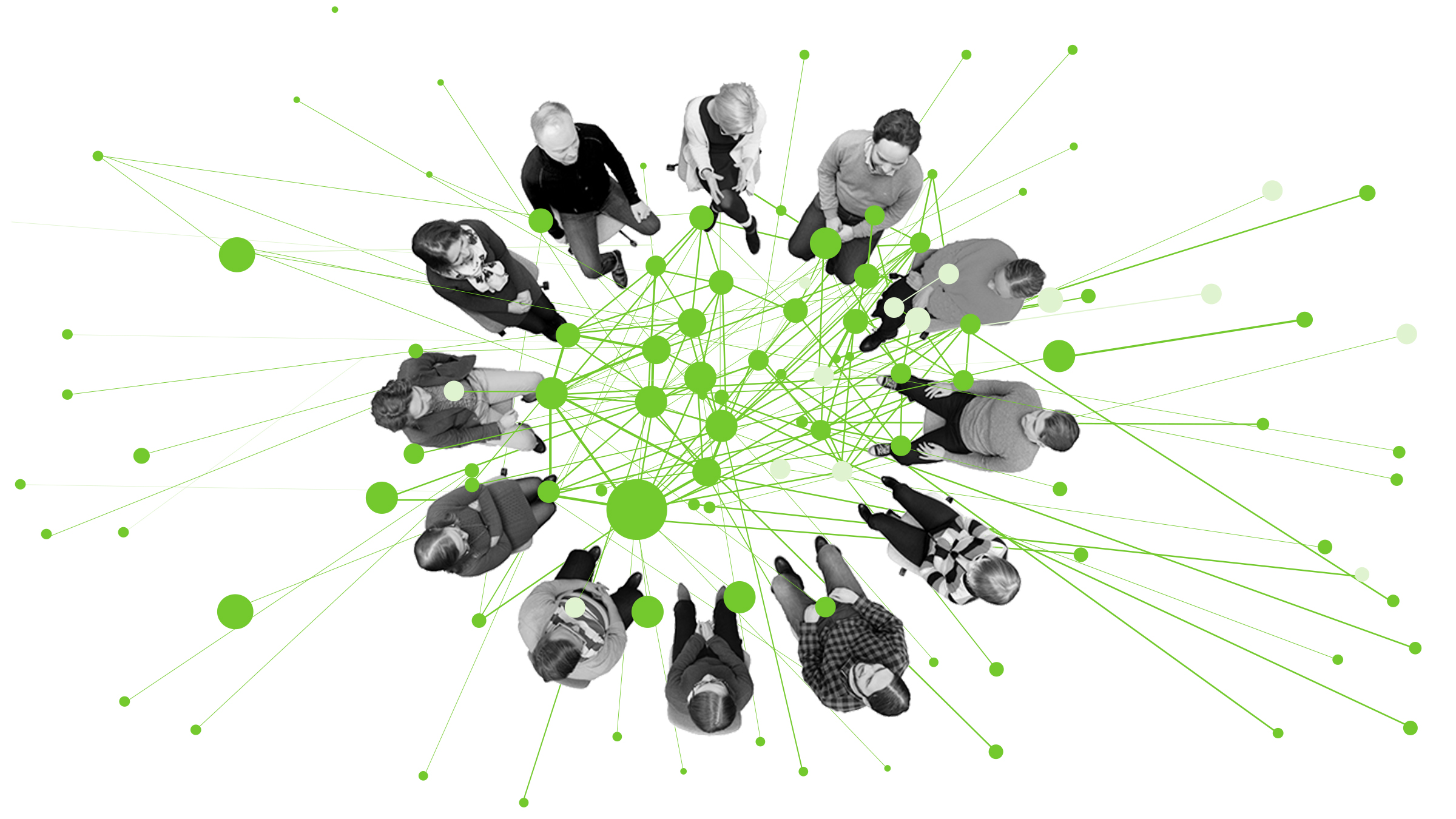The Making data part of corporate social responsibility workshop series, organised by Sitra and FIBS in the spring of 2020, aims to create competitive advantage from the fair data economy. Over 30 different companies and organisations were represented at the first workshop, ranging from large listed companies to small and medium-sized enterprises. They all seem to have one thing in common: the will to make the responsible use of data part of corporate social responsibility. They are clearly highly motivated and willing to make the use of data in their organisation as ethical and as transparent as possible. You can also make an impact! We are collecting information on this topic directly from companies via an open survey.
What does “data as part of corporate social responsibility” mean?
The traditional mindset is that the data collected and managed by organisations serves as a tool for assessing the state of the company’s business and the achievement of corporate responsibility goals, for example. On the other hand, the responsible use of data is currently largely defined on the basis of the law, such as the responsibilities laid down in the EU General Data Protection Regulation (GDPR). For example, the FIBS Corporate Responsibility Survey 2019 (available in Finnish) showed that 94 per cent of companies already say that they invest in the protection of customer data and in ensuring the privacy of customers as part of their responsibility work.
Complying with the requirements of the GDPR is an important step towards a more responsible use of data. However, the results of Sitra’s Digitrail survey showed that the GDPR currently only offers individuals a very limited view of – and not many genuine opportunities to influence – the way that their data is managed. Also, companies are already prepared to do more than the legislation requires. We at Sitra and FIBS therefore claim that the role data plays in companies is actually much wider than we currently understand it to be. Fair and responsible use and management of data, already in itself, should be a key part of corporate social responsibility. We also claim that data will soon be an even more important component of the responsible actions of companies.
The responsible use of data has many ways of bringing added value to the operations and reputation of companies and organisations – either financially or socially. According to Sitra’s company survey carried out in 2019, a company/organisation that understands its own data resources is also able to see the opportunities that they provide. Such companies operate transparently and attract customers and reliable partners to co-operate with them, thereby creating new business and innovations in a fair way.
What are the characteristics of a company that uses data responsibly?
In the first workshop meeting, the participating companies learned to define the responsible use of data within the frame of reference of corporate social responsibility. Based on the discussions, the key characteristics of companies that use data responsibly are:
- The way that the company uses data is transparent
- The company takes into account individual rights
- The company has know-how and understanding of its data resources
- The company ensures proper life-cycle management of data
- The company shares data with its stakeholders
However, this is only the beginning of defining the relationship between data and corporate social responsibility, which so far is a topic with very few fixed points of reference. Therefore, we believe it is important to identify the best way to approach this topic – What are the existing tools and applications/solutions? And what kind of support do organisations or companies need in promoting the responsible use of data?
Take data sharing for example. Many companies already share data with their partners, but such data sharing could also be seen as part of responsible operations. Data sharing is responsible when it benefits the company itself and its partners, but in the best-case scenario, it also benefits a wider ecosystem and society.
What’s next?
The upcoming workshop meetings will focus on finding the answers to the following questions together with the participants.
- How are the above principles to be promoted?
- How can a company communicate to its stakeholders about the data it has collected and its ways of using the data?
- How does a company ensure a sufficient level of transparency in the collection and use of personal data?
The development and dissemination of best practices requires networking and a willingness to openly share one’s experiences. Our aim is to offer an inspiring and effective frame of reference for dialogue and to motivate companies and organisations to exert their influence in making the sustainable use of data part of corporate responsibility.
Use your influence by taking our corporate responsibility survey
Make an impact! We are collecting information on this topic directly from companies with a survey (available only in Finnish). The results of the survey will be published later this year.
